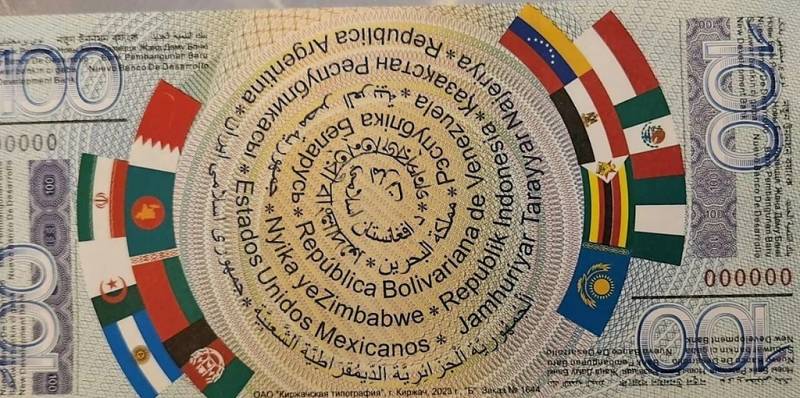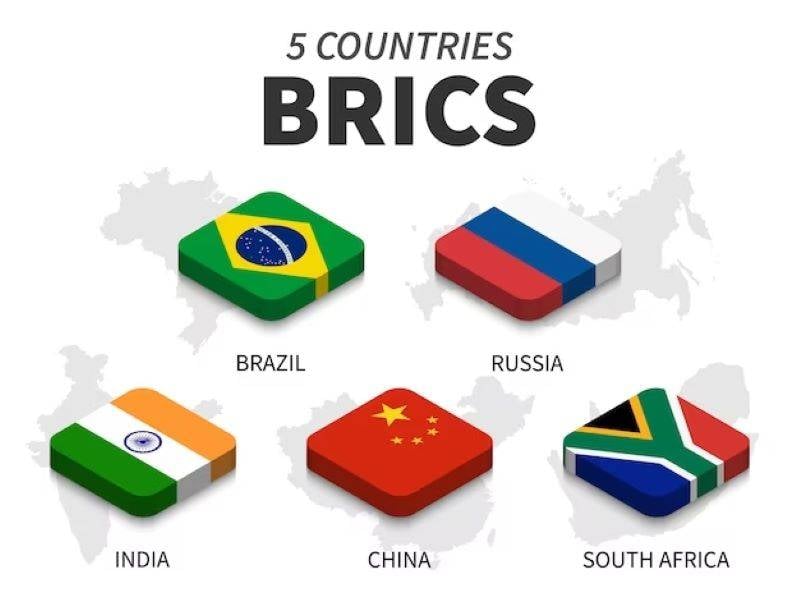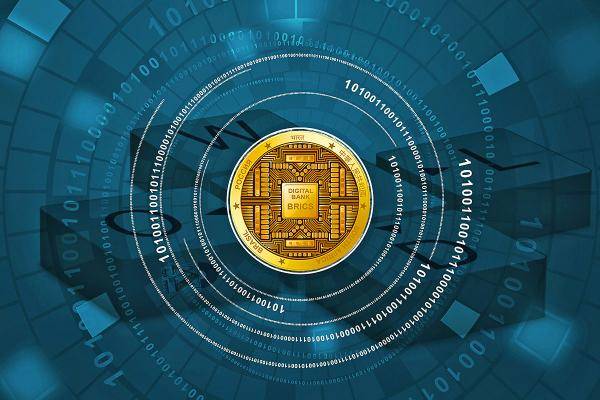BRICS crypto – it’s time to get acquainted

Mine always, mine everywhere?
The expansion of BRICS, which will become truly full-fledged only in a year, immediately made the topic of a single currency relevant. But it is unlikely that it will be possible to create something like the euro in a powerful association due to the expected contradictions. And, above all, between India and China with their fundamentally different monetary policies.
However, in digital and certainly in crypto, you can expect something real. Moreover, such new BRICS members as Qatar and especially Ethiopia cannot survive without legal mining, even with the most extensive support from the “first five” BRICS - China, Russia, India, Brazil and South Africa.

At the last BRICS summit in Johannesburg, the issue of a single currency was discussed quite actively, although Russian Foreign Minister Sergei Lavrov publicly expressed the opinion that this issue is still very far from being resolved. The most interesting thing is not this, but rather the fact that BRICS cryptocurrencies are already being mined, but so far in an experimental format.
By the time the summit began, several cryptocurrencies already existed that appealed to their involvement in the BRICS countries. Considering the relative cheapness of electricity in Russia and China, most of them are mined in these countries. Certainly not in South Africa with its energy crisis.
But in fact, something similar to the official nature of a single BRICS cryptocurrency can be suspected only in one case, and then with great reservations. Without further ado, a certain BRICS Digital Bank, the existence of which was not discussed at all at the summit in Johannesburg, issued a new cryptocurrency - BRICS Food Token (BFT).

The total volume of the issue amounted to 19 billion tokens. With an initial value of one token of one dollar, this is equivalent to $19 billion. Naturally, such an event as the emission of tokens was tied to the last 15th summit of heads of state held in South Africa.
What do we know about the BRICS Digital Bank?
Besides the fact that it is located in Hong Kong, there is almost nothing. The decision to tie the BRICS token to supplies to the global food market is quite well thought out, but, again, not entirely.
Let's try to figure it out by name.
So, China and India are developing their economies mainly through high technology and minerals. The first provides the world market with cheap gadgets, the second - no less cheap IT solutions, which have already received the contemptuous name “Hindu code”.
South Africa supplies Russia, Belarus and a number of other EAEU countries with fabulously expensive watermelons and inexpensive, but not very high-quality wine. That leaves Russia and Brazil. During the Northern Military District, the Russian Federation acquired the southern regions of Ukraine with large harvests of wheat and melons.
Russia also supplies the world market with large quantities of fish and other seafood, which in Moscow stores have reached sky-high prices, apparently because of this.
What remains, however, is Brazil, which is the world’s largest producer of soybeans, which it sends, it’s not hard to guess where - to China, which in turn is the world’s largest consumer of this product.
Not an oil painting
As a result, a rather strange picture emerges: of the BRICS countries, only Brazil trades in food products, China has a clear preference for high technology, India is following the same path, Russia exports hydrocarbons, gold, diamonds, etc., South Africa is the same.
And this despite the fact that the oppression of the Afrikaner minority leads to the decline of agriculture, which is the only way the Boers survive (for now). But the BRICS Digital Bank itself is not a project created at the level of the states that are members of the association.
Its founders are non-governmental: these are two associations of the BRICS United Center for Business Cooperation. Please note that the bank’s press attaché, who voices all his ideas, clearly has a non-Cantonese or even Mandarin name: Artur Zhukov. The bank is in Hong Kong, and the main PR person is definitely Russian.
This is understandable: given the difference in the cost of electricity in China and Russia. Remembering China, let’s keep silent about Hong Kong, where there is simply no renewable energy, but let’s remember about Russia that it supplies electricity to China at a ruble per kilowatt.
So it’s not difficult to guess where the “Hong Kong” cryptocurrency is mined. And if it brought profit to Russia, then for God’s sake. But Zhukov himself makes vague predictions that the single cryptocurrency of the BRICS countries will begin trading on world electronic exchanges no earlier than in a year.
According to ComNews, in general, the issue will not be carried out simultaneously, but in equal shares - 1,9 billion tokens each - over 10 years.
Thus, a fairly clear picture emerges. Two issuing centers for tokenization of the single currency of the BRICS countries are planned, as soon as it is approved at the highest level.
These are Russia and China. The first has relatively cheap electricity, the second has significant human resources in the field of IT technologies. And a natural question arises: shouldn’t countries with phenomenally cheap renewable electricity be accepted into the BRICS ranks?
For example, Tajikistan. Yes, it balances on the line between an underdeveloped and a border economy. But this did not stop them from “making an offer” to Ethiopia, which rating agencies classify exclusively as underdeveloped economies. Completion of the modernization of the Rogun hydroelectric power station may generally make Tajikistan the leading supplier of electricity in Central Asia.
Maghreb and beyond
In fact, Libya has the lowest electricity prices in the world. The only question is that so far it is mainly produced from oil, which is abundant there. We must not forget that Libya has not signed any international agreements to control global warming.
And this, of course, makes it difficult for it to be accepted into BRICS. Even as a leader in general cryptocurrency mining. But this country, for all its internal discord after the massacre of Colonel Gaddafi, has enormous resources of renewable energy in the form of wind and solar.
Separate story with another Maghreb country – Morocco. Recently, significant power generation facilities based on wind and solar power have been built there, intended exclusively for mining. But they are being built with the participation of American investments.
And in general, the United States is investing decent amounts of money in the Moroccan economy, which gives the local authorities a reason to distance themselves from the BRICS by any means. Let us recall that in 2021, Morocco rejected South Africa’s invitation to participate in the BRICS summit and become a candidate for inclusion in its membership.
The official reason was South Africa's position on the issue of Western Sahara, occupied (and actually annexed) by Morocco. The South African authorities of Morocco certainly do not support Morocco on this issue, while other BRICS countries take a rather neutral position.
There remains rather complete uncertainty regarding new potential BRICS members. The Ethiopian surprise and the absolutely unpredictable synchronicity of the accession of Iran and Saudi Arabia will suffice.
But it is Saudi Arabia and the UAE that have long been trying to create state programs for cryptocurrency mining, but they regularly fail. Thus, in particular, the Saudi oil company Aramco categorically denies information that it will do this.
The reason is quite clear: the world community does not really support the expansion of the use of oil to generate electricity. And both of the mentioned Middle Eastern countries clearly want to get rid of their exclusively hydrocarbon status, especially since no one has canceled their cooperation with the West.
Information